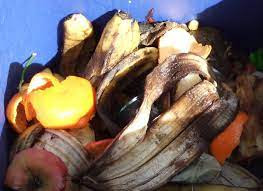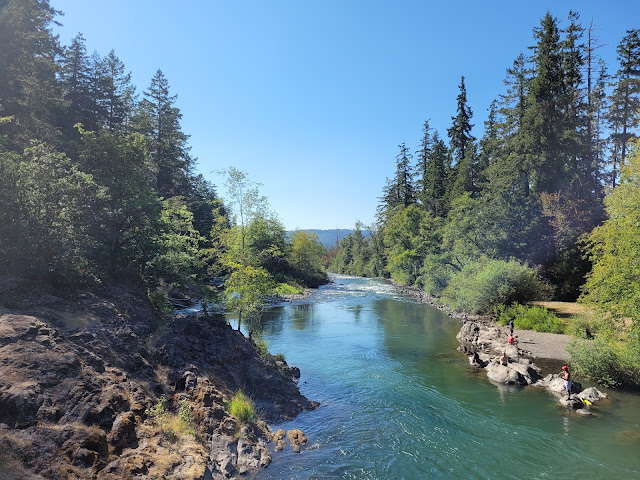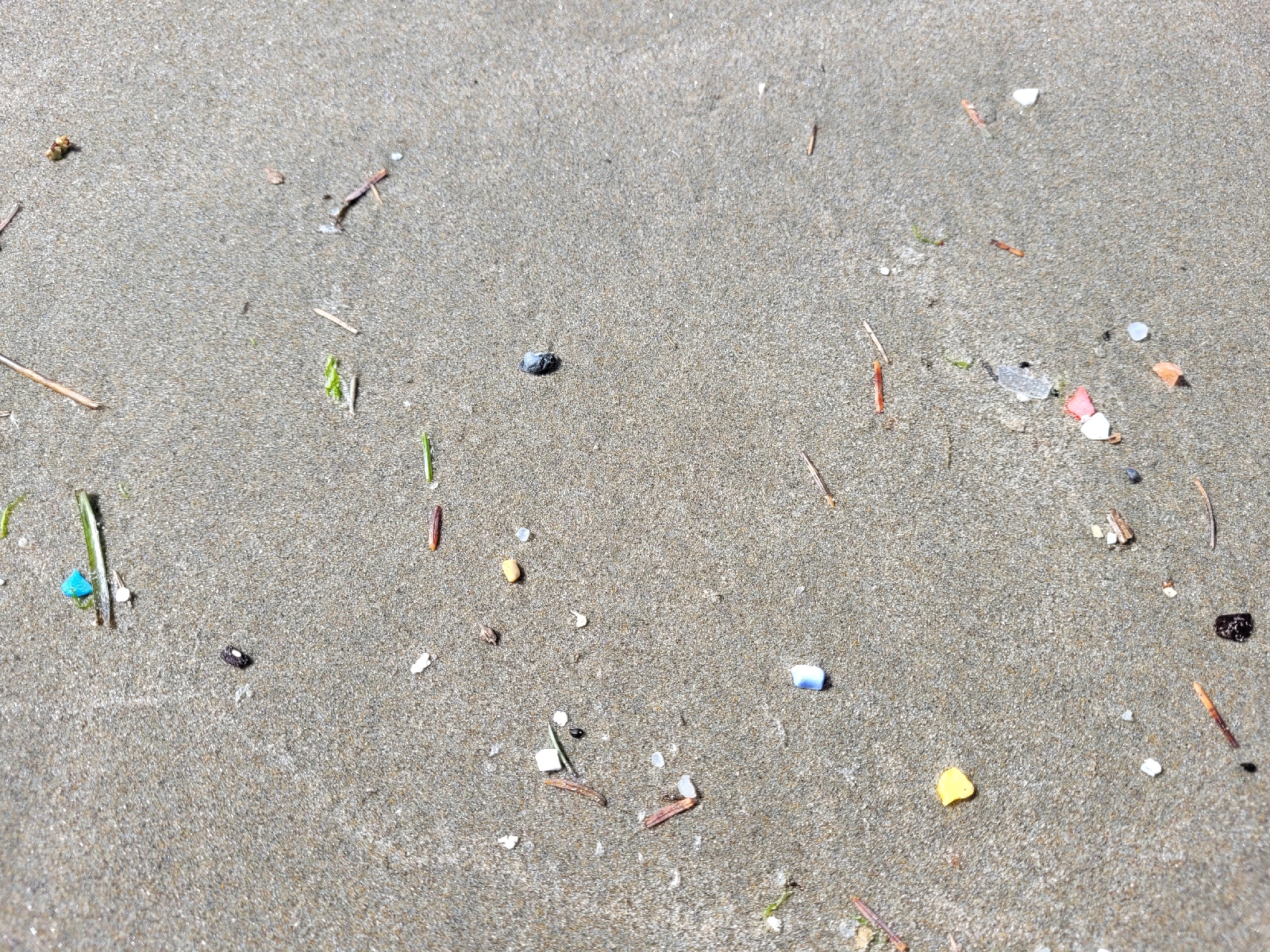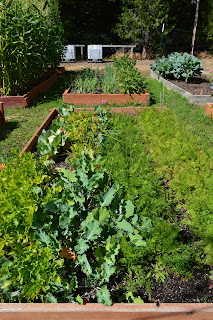Ways to reduce carbon emissions this holiday season
The holiday season is upon us and most of us will travel to visit friends and family. In fact, tens of millions of passengers will use air travel during the holiday season. While at the same time, long-distance travel by vehicle increases by 54% during the Thanksgiving holiday and by 23% during the Christmas holiday ( USDOT , n.d.). This extra travel causes an increase in carbon emissions, an increase in energy use, and an increase in waste. When all is said and done, the holiday season is not a good time for the environment. Did you know? There are ways you can travel this season guilt-free of your increased carbon-footprint. Air Travel Participate in carbon offsetting program, which are non-profit organizations that support carbon-reducing projects. Investigate the program before you purchase to ensure you know how the funds are used, if the results are guaranteed, and is the company certified. Save paper – use electronic tickets Opt f...




